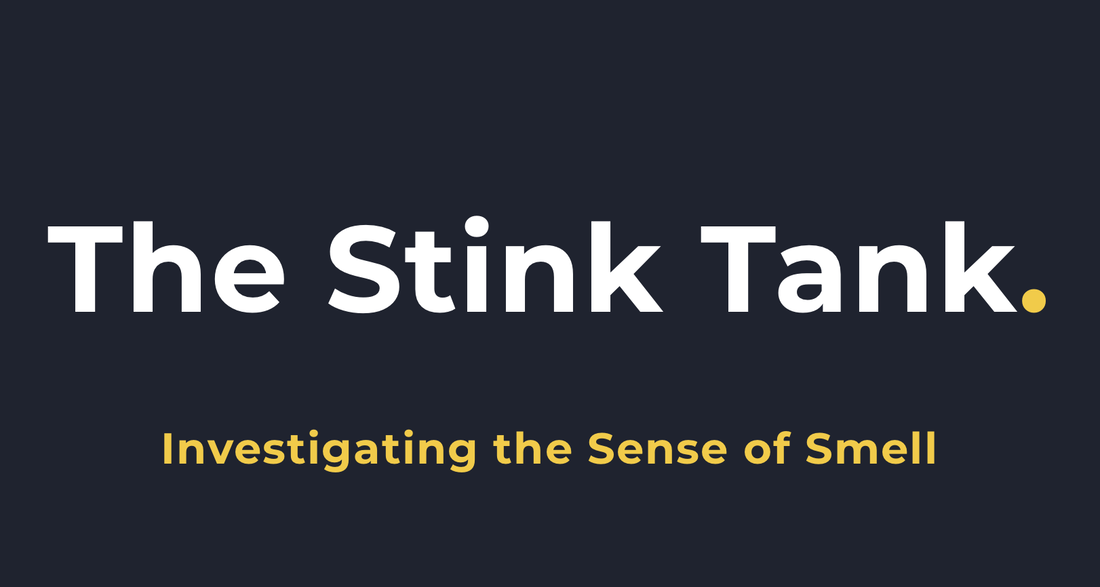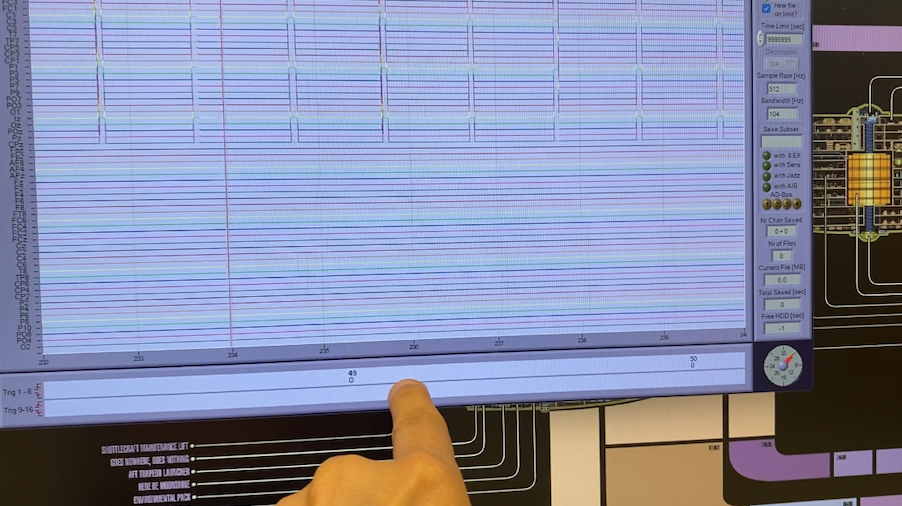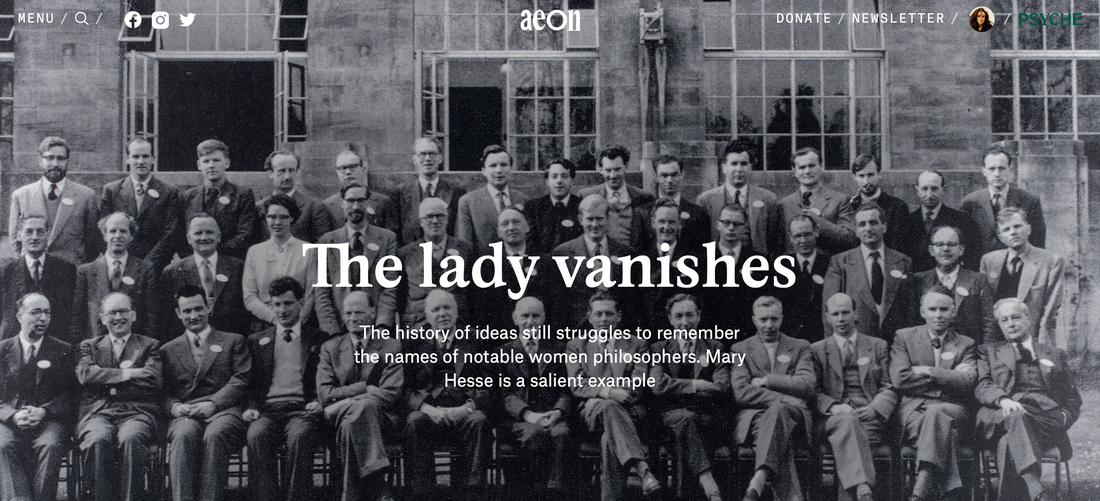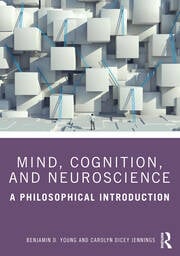|
0 Comments
Summary
Recent research suggests that the piriform cortex simultaneously represents spatial and olfactory information. These findings may provide further insight into the non-topographic principles of odor coding. "If Proust had Whiskers: Recalling Locations with Smells." Learning & Behavior. Doi: 10.3758/s13420-022-00549-x AbstractTheories of perception have traditionally dismissed the sense of smell as a notoriously variable and highly subjective sense, mainly because it does not easily fit into accounts of perception based on visual experience. So far, philosophical questions about the objects of olfactory perception have started by considering the nature of olfactory experience. However, there is no philosophically neutral or agreed conception of olfactory experience: it all depends on what one thinks odors are. We examine the existing philosophical methodology for addressing our sense of smell: on the one hand appeals to phenomenology that focus on the experiential dimensions of odor perception and on the other approaches that look at odor sources and their material dimensions. We show that neither strategy provides enough information to account for the human sense of smell and argue that the inclusion of the missing dimension of biology, with its concern for the function (or functions) of olfaction, provides the means to develop a satisfactory and empirically informed philosophy of smell.
Lots happening this coming week!! Wednesday: the video/Q&A premiere of TedxCambridge! --> LINK Thursday to Saturday: the Philosophy & Neuroscience @ The Gulf V meeting in Pensacola Beach! --> PROGRAM Also (last week): we just had a series of posts in the Brains Blog on our Tools of Neuroscience edited volume! (by Bickle, Craver, Bunston, Hardcastle, and Barwich) --> See here! New Paper: More than Meets the AI - The possibilities and limits of machine learning in olfaction9/12/2022 Can machine learning crack the code in the nose? Over the past decade, studies tried to solve the relation between chemical structure and sensory quality with Big Data. These studies advanced computational models of the olfactory stimulus, utilizing artificial intelligence to mine for clear correlations between chemistry and psychophysics. Computational perspectives promised to solve the mystery of olfaction with more data and better data processing tools. None of them succeeded, however, and it matters as to why this is the case. This article argues that we should be deeply skeptical about the trend to black-box the sensory system’s biology in our theories of perception. Instead, we need to ground both stimulus models and psychophysical data on real causal-mechanistic explanations of the olfactory system. The central question is: Would knowledge of biology lead to a better understanding of the stimulus in odor coding than the one utilized in current machine learning models? That is indeed the case. Recent studies about receptor behavior have revealed that the olfactory system operates by principles not captured in current stimulus-response models. This may require a fundamental revision of computational approaches to olfaction, including its psychological effects. To analyze the different research programs in olfaction, we draw on Lloyd’s “Logic of Research Questions,” a philosophical framework which assists scientists in explicating the reasoning, conceptual commitments, and problems of a modeling approach in question.
Ever since leaving Twitter, I seem to be getting worse and slower with online-profile maintenance (keeping up with updates, inane self-promotion, etc, etc.). But this seems a consequence of my increasing enjoyment of being focussed on thinking, writing, and -frankly- starting to give a toss about some of the social buzz that seems to revolve around itself, more and more. Instead, I cannot stop reading and rediscovering curiosity and new things to explore. (After 2 years of semi-draught, the floodgates are open again.) Has anything happened this year, this summer, at all? Yes, quite a lot actually. But academia would not be academia if it did not take its time to see daylight. A few things this summer: (1) I was on Mind Chat with Philip Goff and Keith Frankish. We had a blast! Youtube link and Apple Podcast (2) I had the utter joy to join a grad workshop in honor of the wonderful Hasok Chang's new book "Realism for Realistic People" in Copenhagen (Symposium link) (2) Then I got admittedly a little starstruck by being on the same panel as Jean-Pierre Changeux (!) at FENS 2022 in Paris. I remember reading him when I first got obsessed with GPCSs... and then thinking about the brain via evolutionary developments and... getting from there to the mind. We talked about interdisciplinarity, the exchange between neuroscience and philosophy, and the audience had such great questions. Symposium link "Are we equipped to work interdisciplinary?" by the dream-team of Markus Kunze, Igor Branchi, and Isabella Sarto-Jackson (and feat. discussant Sidney Carls-Diamante). (3) I was on holiday. For the first time since 2013. No emails. By the rural beachside in the Netherlands. It was heaven. I need to live less online. (3) New papers soon coming. One is accepted (with the awesome Barry C. Smith for Philosophy Compass, we talk about how to study smell philosophically), the other paper ... is looking like it is coming out even sooner! With my colleague Lisa Lloyd on machine learning in olfaction. Oh yeah. Stay tuned! Lab Update:
After a rocky start... (lab renovation delays, supply chain issues, and ESPECIALLY technical issues in instrument set-up... that's what happens when you do custom built - very much fun but also time-consuming)... ... the instruments finally talk to each other! (The trigger finally is integrated, all controllable from one program (screw you, MatLab engine compatibility issues who have cost us some sanity).) The proof of principle study/experiment is happening. There's a lot of excitement, relief, and energy coming together this summer! Stay tuned! New essay on Aeon, asking a simple question:
"Looking at the women routinely vanishing to the margins of my field, a question began to form in my mind: when conceived of as a lineage of women thinkers, what would the philosophy of science have looked like today?" The history of ideas still struggles to remember the names of notable women philosophers. Mary Hesse is a salient example. John Bickle and I have a chapter in the new edited volume by Ben Young and Carolyn Dicey Jennings: Mind, Cognition, and Neuroscience !
The book features a number of interesting chapters by renowned authors in the field. Here is a link the Bickle/Barwich's "Introduction to Molecular and Cellular Cognition" ResearchGate Academia.edu |
AuthorAnn-Sophie Barwich Archives
July 2024
Categories |





 RSS Feed
RSS Feed